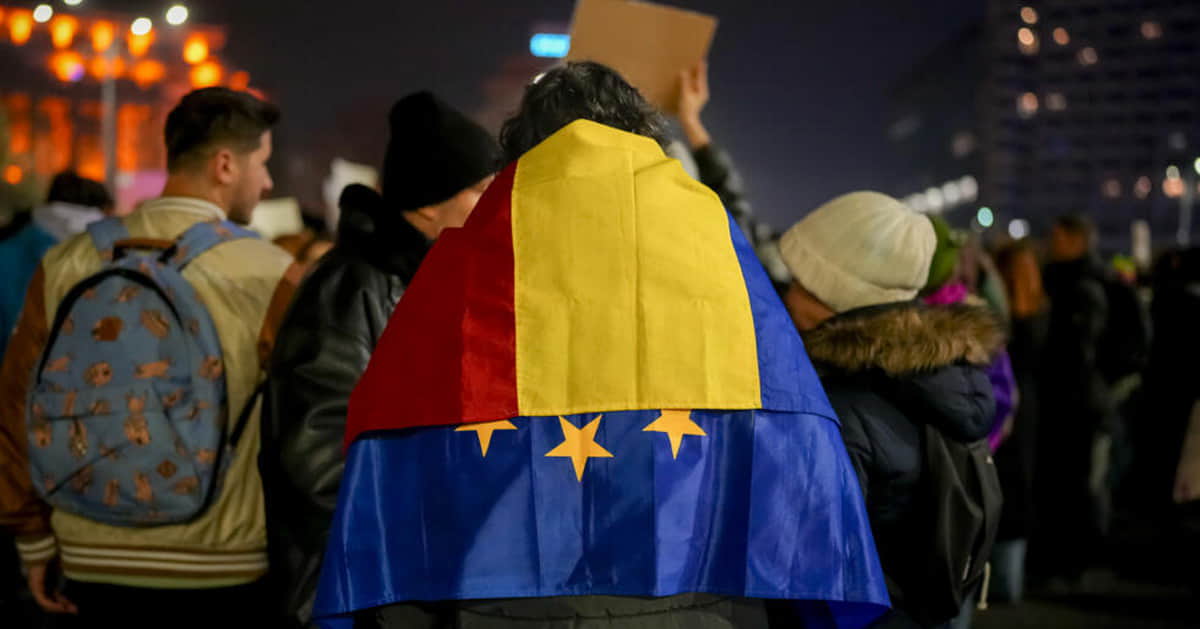Why a key candidate no longer wants to run for president of Romania and who can stop “friends of Putin”

Over the weekend, Crin Antonescu, the presidential candidate from Romania's ruling coalition, announced that he was suspending his campaign. Read more to understand the reasons behind this decision and whether Romania can avoid electing a pro-Russian populist as president in the article by Serhii Herasymchuk and Rostyslav Klimov of the Ukrainian Prism Foreign Policy Council - Election withdrawal: why stopping Russia's comeback in Romania is getting harder. On 6 December, Romania's Constitutional Court made a historic decision to annul the results of the first round of the presidential election.
On 23 December, the ruling coalition, comprising Social Democrats (PSD), Liberals (PNL), the Democratic Alliance of Hungarians in Romania (UDMR), and minority representatives, announced a single candidate for the upcoming elections. The decision to nominate a single candidate was logical and strategic. Advertisement:
The chosen candidate turned out to be controversial though.
65-year-old Crin Antonescu, former PNL leader and one of Romania's most influential politicians, who in 2012 briefly served as interim president following the impeachment of Traian Basescu. Surprisingly, on 4 January, Antonescu unilaterally suspended the agreement under which he was to be the coalition's candidate. The official reasons he cited were the lack of set dates for the first and second rounds of the election and insufficient support from coalition members.
What lies behind Antonescu's dramatic decision to "suspend" his candidacy? Antonescu appears to be leveraging his withdrawal to demand greater mobilisation of resources by coalition leaders to secure his victory. Essentially, he is signaling that he is willing to return to the race if the coalition invests maximum effort into supporting him.
His emphasis on broad support suggests he is aware of the tough competition ahead. Antonescu's likely opponent in the presidential race is Nicusor Dan, the popular incumbent mayor of Bucharest, who announced his candidacy in December and has a strong chance of winning. Additionally, the far-right duo of Calin Georgescu and George Simion should not be overlooked.
The situation hinges on the electoral commission's decision regarding Georgescu's eligibility to run. If he is disqualified, Simion would take his place. Furthermore, Elena Lasconi, leader of the Save Romania Union (USR), is expected to participate in the new election.
In the annulled election, she made it to the second round and was only a step away from the presidency before being halted by the Constitutional Court. Under these circumstances, the coalition must rally behind a single democratic and pro-European candidate capable of winning with the combined support of PSD, PNL and UDMR. Much depends on the actions of the current ruling coalition, including setting the election dates and determining who will ultimately become president.
This situation serves as a stress test for the coalition, revealing its strength and willingness to compromise. The key to success for any pro-European candidate, whoever that may be, lies in combining personal charisma, voter trust and the organisational support provided by the large party networks. One can only hope that the coalition remains committed to the idea of a single candidate, regardless of who is chosen, and demonstrates its ability to cooperate and make compromises beyond mere political survival.
Only through such unity can Romania prevent a pro-Russian comeback.
If you notice an error, select the required text and press Ctrl + Enter to report it to the editors.